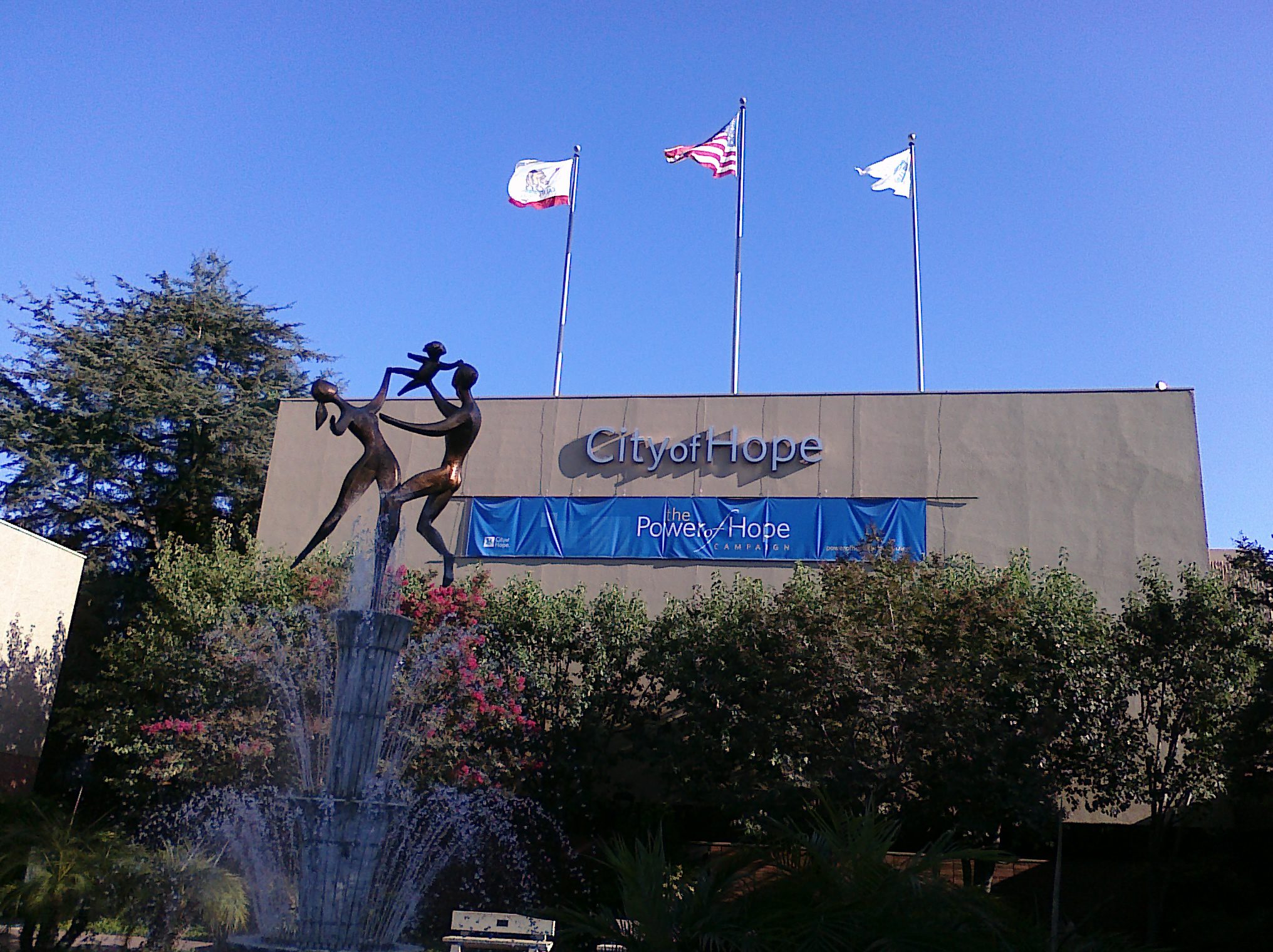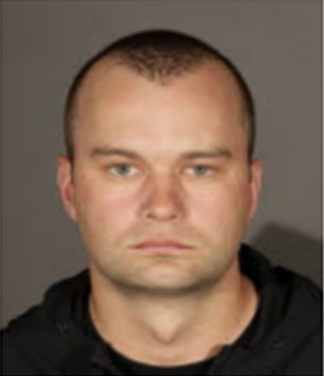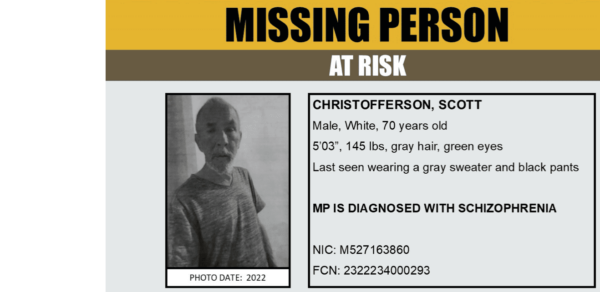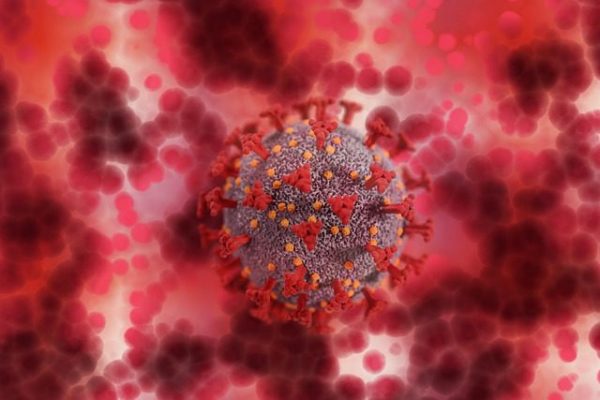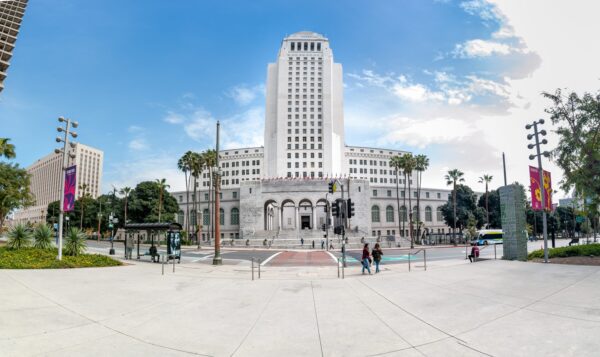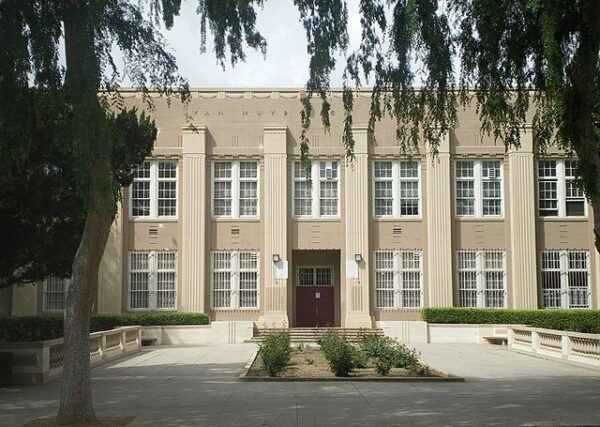City of Hope announced Wednesday it was one of several cancer centers nationally to receive a grant from the Prostate Cancer Foundation to develop clinic-ready “chimeric antigen receptor” T cell therapies, with the goal of overcoming the therapy’s limitations against advanced prostate cancer.
The $8 million award was one of several TACTICAL awards — short for Therapy ACceleration To Intercept CAncer Lethality — given out by the Prostate Cancer Foundation.
“City of Hope is one of only a few cancer centers nationwide who currently have a CAR T trial for prostate cancer, so this is welcome news to us and bolsters our mission to provide effective CAR T therapies for solid tumors,” said Saul Priceman, a City of Hope assistant professor in the Department of Hematology & Hematopoietic Cell Transplantation and associate director of Translational Sciences & Technologies in the T Cell Therapeutics Research Laboratory.
Priceman will lead the research with Dr. Tanya Dorff, City of Hope’s section chief of Genitourinary Disease Program, the research center said.
“Our goal is for this research to lead to a powerful new arsenal of immunotherapy treatments for advanced prostate cancer patients that can also treat racially diverse populations and advance immunotherapy in patients with other types of solid tumors,” Dorff said.
The award covers three years. Also receiving awards in the $30 million program were the University of Pennsylvania, University of Pennsylvania Perelman School of Medicine, Children’s Hospital of Philadelphia and the National Cancer Institute.
City of Hope said it has so far run more than 70 CAR T therapy clinical trials and treated more than 1,000 patients with the therapy.
CAR T cells are a powerful type of immunotherapy in which a patient’s own T cells are engineered to target and kill cancers. The therapy has demonstrated efficacy and cures in patients with various blood cancers, including lymphomas, certain types of leukemia and multiple myeloma, according to City of Hope.
But in prostate cancer, the efficacy and longevity of CAR T cells is limited by an immuno-suppressive tumor microenvironment, researchers said. City of Hope and collaborators have previously identified multiple genes in T cells that, when deleted, may improve tumor-killing potential.

